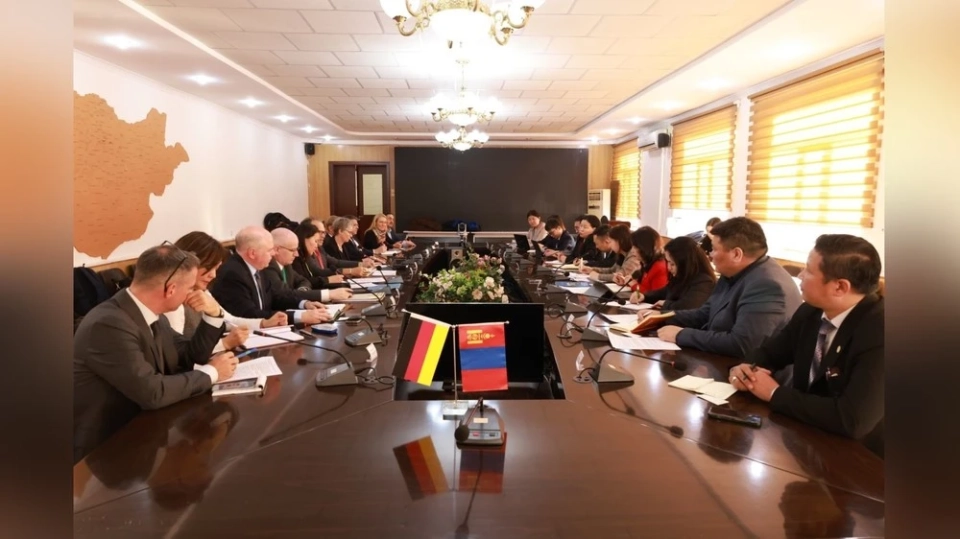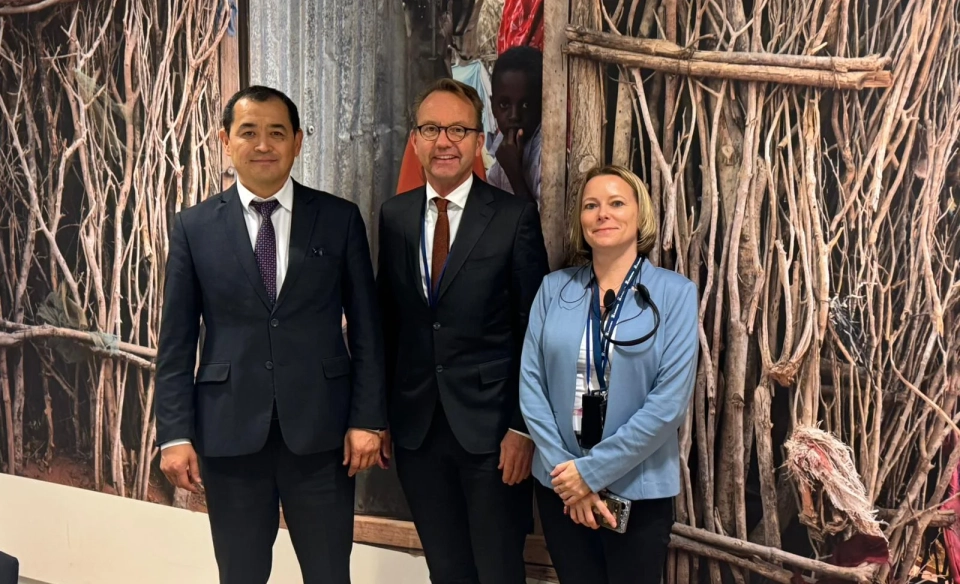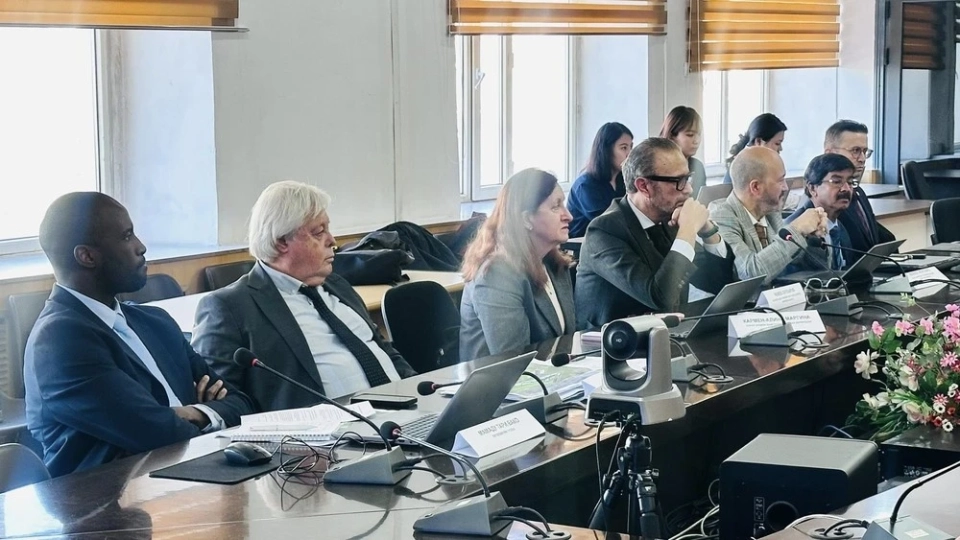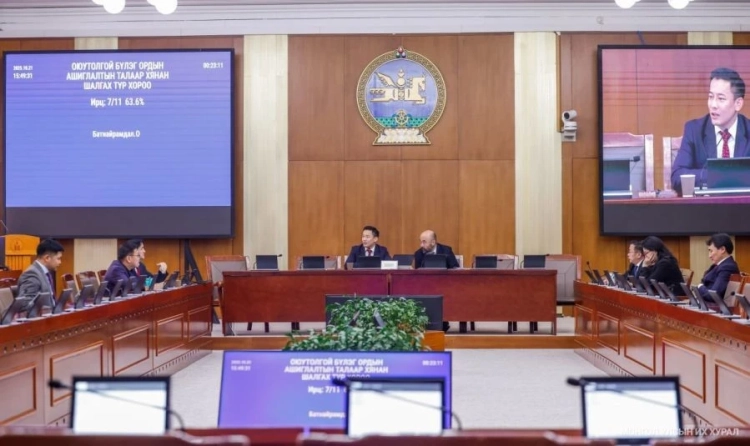Last year, Mongolia was subjected to a large-scale cyberattack organized by state-sponsored hackers from Russia (APT29) and the Chinese group RedDelta.
From October 27 to 31, the Ministry of Digital Development, Innovations and Communications of Mongolia, in collaboration with the British government, conducted a study to analyze cybersecurity risks.
At the event, welcoming speeches were delivered by Sophie Worrall, Deputy Head of the British Embassy in Mongolia, and Kensuke Miyagi, Resident Representative of the Japan International Cooperation Agency (JICA) in Mongolia.
British specialists will train the Mongolian team to identify risks and prepare reports at the organizational, sectoral, and national levels using a specially developed methodology and questionnaire for assessing cyber risks. The Mongolian team will collect the necessary data to prepare the report.
The internal team includes representatives from the Ministry of Digital Development, the National Cyber Attack and Conflict Center, the Public Center, the Armed Forces Center, and the Cybersecurity Council's Working Office.
The study's results are expected to help the government and organizations managing critical information infrastructure identify cyber risks and make informed decisions regarding resource allocation, investments, and policy planning, which in turn will enhance preventive measures and responses to potential threats. Awareness of risk identification and response principles will also be increased.
On October 28, 2025, a training workshop was held for representatives of critical information infrastructure and organizations from the public and private sectors, discussing methods for identifying, assessing, and quantifying the impact of cyber risks, as well as emphasizing the significance of this study.
More than 40 public and private organizations with critical information infrastructure in Mongolia are participating in the study.
Statistics on cyberattacks and online crimes are continuously increasing. Government websites are becoming targets for hackers, and there have been instances of breaches of government resources and social networks. Examples of such attacks:
In August 2024, the Chinese-linked group RedDelta attacked the Ministry of Defense of Mongolia, implanting a dangerous backdoor PlugX through phishing emails.
From November 2023 to July 2024, APT29 hackers, supported by Russian authorities, hacked into the websites of the Mongolian government, including cabinet.gov.mn and mfa.gov.mn, conducting watering hole attacks. They used these resources to infect users' devices through vulnerabilities.
These incidents highlight the growing cybersecurity issues in Mongolia, despite its successes in global rankings. One of the main reasons for the persistent vulnerability is the lack of sovereign digital infrastructure. Mongolia is connected to the global network through a single terrestrial fiber optic cable, making it vulnerable to outages and cyber espionage. In other words, the country is entirely dependent on this cable.
In the process of digitalization, it is essential to strive for international cooperation to strengthen defense. First and foremost, investment in increasing cybersecurity awareness among the population is required. Without this, our national security and sovereignty may be at risk. If I had realized my dependence on technology, I might have taken some cash and returned home comfortably. If more Mongolians were aware of cybercrimes and threats, we could more effectively counter cyber threats, thereby strengthening our cybersecurity.
Tatar S. Maidar
source: MiddleAsianNews




























